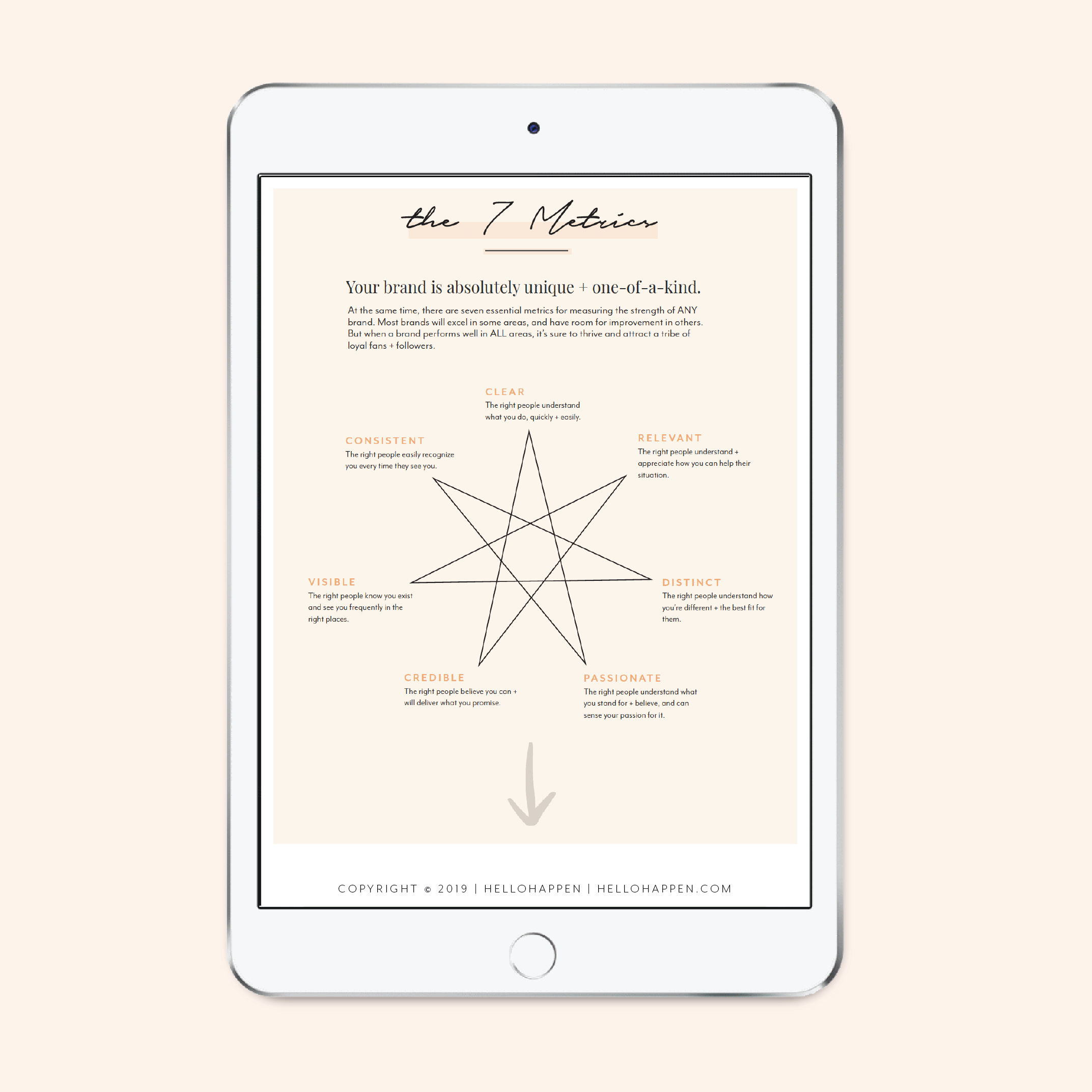8 Ways to Align Your Biz with Your Social Values
If you’re an entrepreneur who’s new to the fight for racial and social justice, you might be asking yourself:
“What’s my NEW normal going to be in my business? How will I grow my business AND stand for my values?”
As heart-centered coaches and entrepreneurs, we have to be careful not to compartmentalize these two things! Because your business (like mine) is likely the product of a system + economy that’s been unjust for hundreds of years.
Let’s look at our businesses and brands with fresh eyes, so we can pursue our goals while also and with equal devotion standing up for each other!
There are so many experts who teach about racial justice and diversity, equity, and inclusion (DEI) specifically: @trudilebron @ericacourdae @joyous.justice @rachel.cargle @victoriaalxndr @laylafsaad
Seriously, go learn from these women NOW ☝🏼
Based on what I’ve learned and synthesized from their teachings, here are 8 essentials for making your business part of the solution…
This is for you if:
You care about ending racial and other forms of systemic injustice, and want your business to be part of the solution.
You’re looking for ways to concretely align your business with your social values.
1. Commitment
Building a more equitable business aligned with social justice starts with a solid commitment:
Defining in your company documentation where you stand on social issues, and the kind of world you’re going to help build.
Commit internally to standing by your values in public even (actually, especially) when it’s unpopular, inconvenient, or uncomfortable to do so. Resolve to take imperfect action where your community can see it, and be prepared to receive feedback, so you can do better!
Commit to operating by your values behind closed doors, when no one is there to give you kudos. Do the right thing, even when it requires tough decisions that don’t win you any brownie points.
2. Content
Next, make sure your content aligns with and advances your values:
Speak up publicly, and make it clear where you stand on racism and social injustice.
Use your platform to amplify the voices of leaders and influencers in underrepresented groups in your industry.
Prioritize inclusive imagery that lets people of all backgrounds know they’re welcome with you.
Be mindful about the methods you teach in your content, and the impact they have on minority communities and people on the margins (see “Methods” below!)
3. Community
Make sure your communities, programs, masterminds, and other groups are safe and inclusive for everyone:
Take care to ensure that people on the margins feel seen and valued.
Establish community rules that prohibit discriminatory comments, behaviors, and micro-aggressions.
Decide how you’ll respond when those rules are broken.
DON’T silence or delete conversations about social and human rights issues because they feel “political.”
4. Hiring
Does your team makeup reflect your social values? Make sure it does by hiring mindfully:
Seek out and hire talented people of color (and LGBTQ people, and differently abled people), at all levels of your company.
Don’t wait until the day you’re ready to hire; build a diverse, inclusive network & circle of influence online now!
Follow, learn from, and genuinely engage coaches, consultants, and experts of diverse backgrounds.
5. Participation
Only join, organize, and lend your voice to events and collectives that are inclusive, equitable, and socially responsible:
Ask organizers/hosts about their track record of involving and elevating diverse voices.
If an event or platform is not taking sufficient steps to be inclusive, decline to participate. Explain why.
If you find yourself at an event that is not inclusive, point it out and invite organizers to do better.
6. Influence
Use your influence to hold other leaders and organizations in your industry accountable, and invite them to be more inclusive:
Ask them to state their position publicly, and report on the action they’re taking internally.
Call them out where they are falling short and stay engaged until they take action.
Same goes for when you are called out; apologize publicly, and take steps to do better.
7. Methods
Examine the methods you use and teach. Be sure they don’t ignore structural injustices or blame marginalized groups for their trauma:
“You manifested this suffering” / “I manifested this success”/ These things aren’t always wrong, but take care not to ignore the effects of white privilege and the ways structural inequality impacts people’s lives.
“Focus only on the positive” / Take care not to discourage people from calling out injustice, or asking those affected to endure it in silence.
“If you‘re serious, you’ll find the money to invest” / This argument ignores the fact that many people on the margins statistically have lower income, higher costs, and no safety net compared to white, male, cisgendered people without disabilities.
8. Pricing
There are wealthy people of all races and backgrounds. But as a community, people of color statistically have lower income and higher costs. They’re also less likely to have inherited/family wealth to invest, or a safety net to fall back on in times of financial distress (@trudilebron; @americanprogress). So increase accessibility by:
Offering payment plans for your high-ticket services and products.
Including lower-cost offers that allow your community members to start with a small investment first.
Recap
These are 8 main areas to start aligning your business with your social values! Are there any areas I’ve missed? Let me know!
Again, go follow these amazing women teaching about diversity, equity, and inclusion! @trudilebron @ericacourdae @joyous.justice @rachel.cargle @victoriaalxndr @laylafsaad
Just for you!
Swipe my free
BRAND BLUEPRINT + 7-DAY EMAIL COURSE
Grab the Blueprint, find a cozy spot, and let’s build your stand-out brand together! Join my email list and get my Brand Blueprint + 7-day Email Course for free. (You can unsubscribe anytime, but I don’t think you’ll want to!)




















